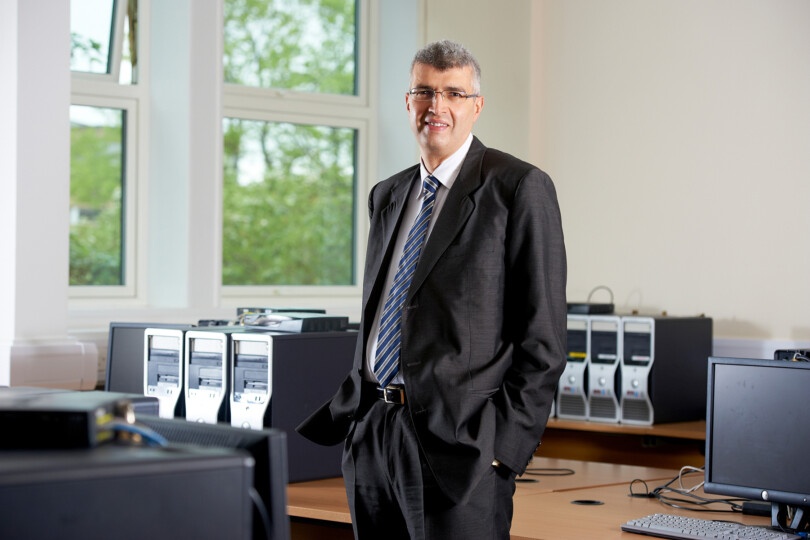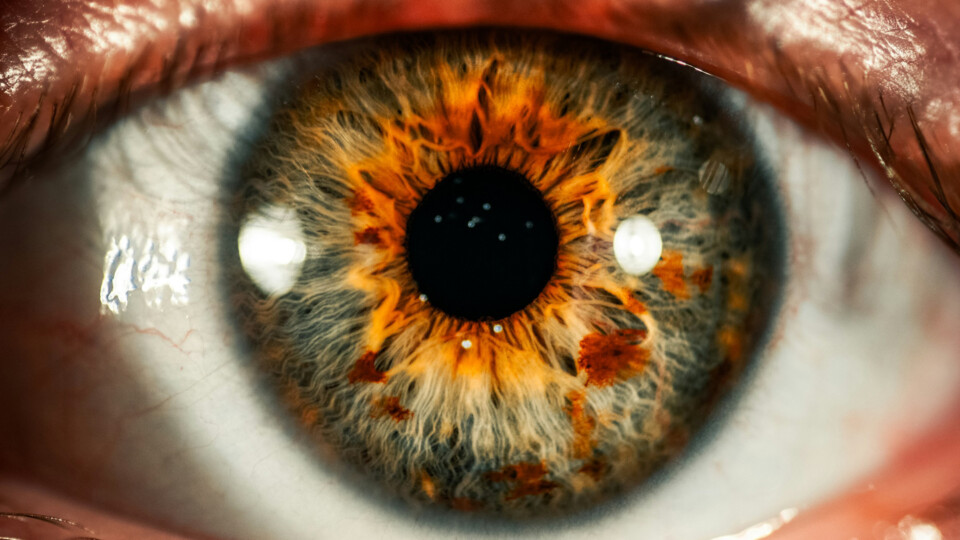AI-powered eye surgery could mean the end for glasses post cataract surgery
CustomLensAi invited to join prestigious Microsoft for Startups Hub
A revolutionary approach that uses AI to help improve cataract surgery outcomes could mean the majority of post-op patients no longer need glasses.
A Knowledge Transfer Partnership (KTP) between visual computing experts at the University’s of Bradford’s School of Computer Science, Artificial Intelligence and Electronics (CSAIE) and ophthalmology company CustomLensAi has produced an AI-based tool that will allow surgeons to assess potential complications in cataract surgeries and work with patients to set precise expectations of the results.
Typically, around half of all cataract surgery patients will still require glasses after their procedure but CustomLensAI claims it could cut this to just 5%.
Recently, the project was invited to joint Microsoft for Startups Founders Hub, which supports early-stage startups with resources like cloud credits, development tools, mentorship, and networking opportunities.

Rami Qahwaji, Professor of Visual Computing at the University of Bradford.
Dr Rami Qahwaji, Professor of Visual Computing, said: “For CustomLensAi, the brief was to create an intelligent computer system for surgeons that can predict and improve the visual outcomes of cataract surgery. The challenge is that there is a lot of variability on how the surgery can be done which can affect the outcome, and lots of different data formats from the various equipment manufacturers.
“Our role is to provide AI-based tools that can help to improve the quality of the data and extract useful information and build an application which will work at any eye clinic across the world.”
The project is making use of CustomLensAi’s network of contacts to draw upon the knowledge of a range of senior ophthalmologists from around the world to verify the accuracy of the machine learning element of the application.
The KTP is now entering its third and final year, where the product will be refined and released. The project has already been showcased at a number of international conferences.
Milind Pande, founder and CEO of CustomLensAi said: “At CustomLensAi, our collaboration with the University of Bradford is a game-changer in personalised healthcare. Together, we’re pioneering AI-driven solutions that enhance surgical precision and patient outcomes, transforming the future of ophthalmology.”

